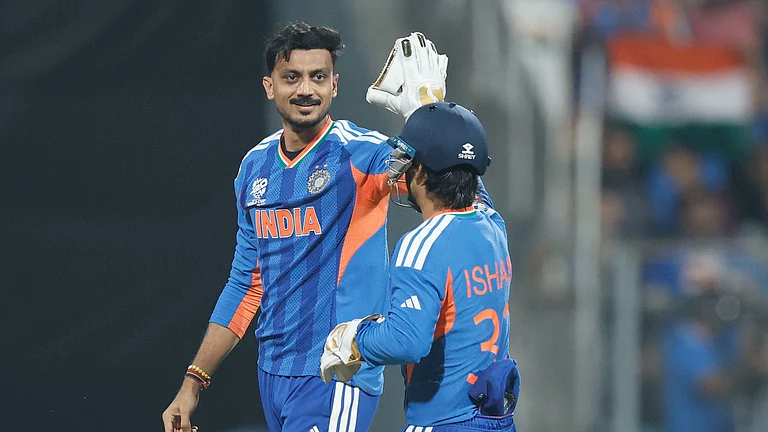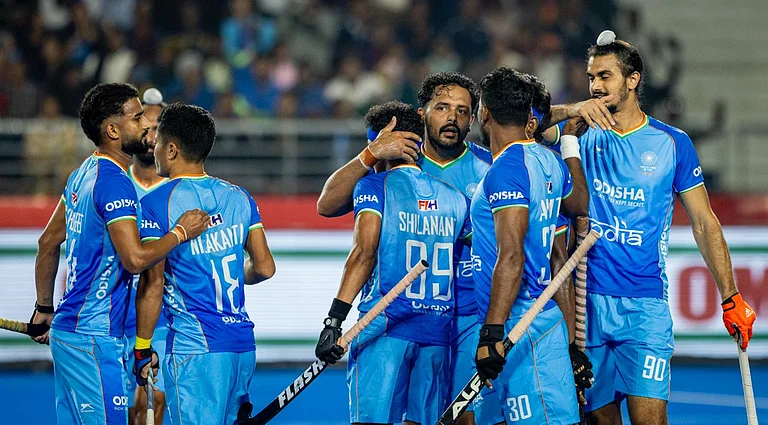Approaching its 100th day, the Hollywood writers' strike faces mounting pressure from striking actors, prompting producers to seek a meeting. The Writers Guild of America informed screenwriters that Carol Lombardini, the studio negotiator, has requested a discussion on Friday to explore the potential for resuming negotiations with the guild.
While the meeting request does not ensure a definite resumption of talks between producers and writers, it marks the first indication of progress in the stalemate between the Alliance of Motion Picture and Television Producers and the WGA. The strike, which began in early May, has seen little movement until now.
In recent weeks, mounting pressure has been exerted on the AMPTP to resolve the labor disputes.
Last month, a massive influx of actors, amounting to tens of thousands, participated in picket lines, effectively halting Hollywood productions. This marked a significant event as it was the first instance of simultaneous strikes by actors and writers since 1960.
Under the leadership of President Fran Drescher, the Screen Actors Guild-American Federation of Television and Radio Artists (SAG-AFTRA) took a firm stance against the Alliance of Motion Picture and Television Producers (AMPTP). They openly criticized studio executives and remained steadfast in their demands throughout the strike.
Hollywood artists aim to enhance their earnings, working conditions, and health and pension benefits. They are also striving to establish guidelines for the responsible use of artificial intelligence in upcoming television and film projects. Furthermore, the union is requesting greater transparency from streaming platforms regarding viewership data to ensure fair residual payments, comparable to those received from traditional linear TV.
The WGA aims to secure increased compensation and residuals, especially for streaming shows, and implement new regulations to ensure a minimum number of writers are staffed for a specific duration on television shows.
Additionally, the guild advocates for fair compensation throughout all stages of content creation, including pre-production, production, and post-production. Presently, writers are frequently expected to perform revisions and create new material without proper remuneration.
Furthermore, the WGA expresses reservations about the application of artificial intelligence in scriptwriting.


























